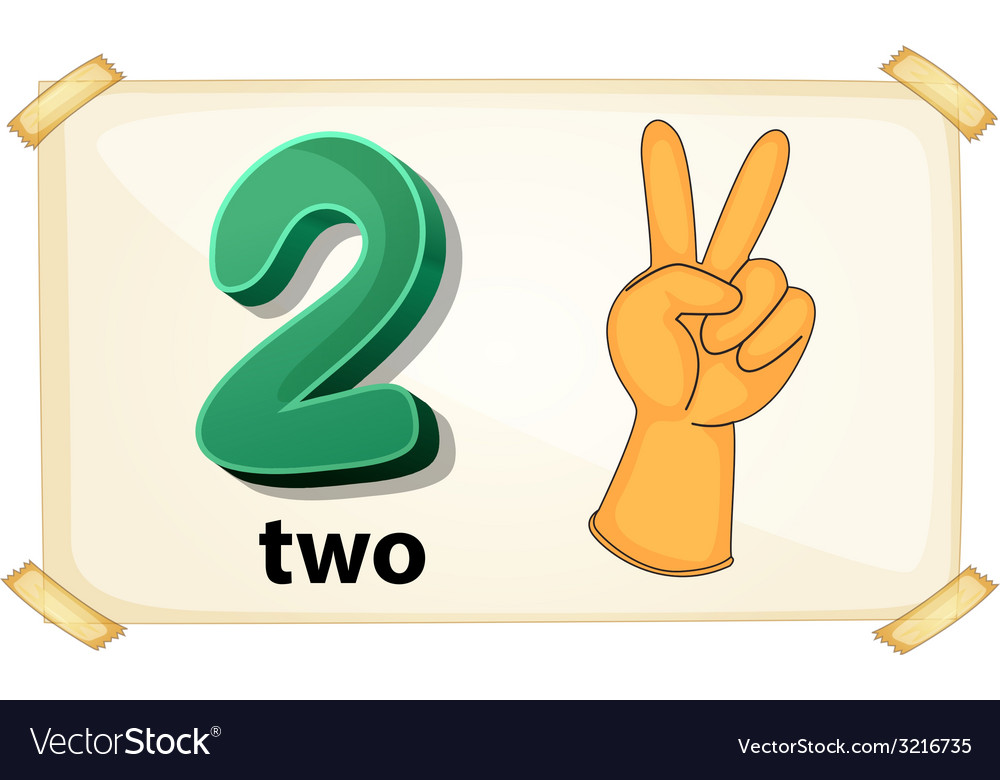Michel de Montaigne: The Renaissance Humanist Who Explored Human Nature
Michel de Montaigne: the renaissance humanist who prioritize human nature
The renaissance period witness a remarkable shift in intellectual focus from medieval religious dogma toward a more human center understanding of the world. Among the literary giants of this era, Michel de Montaigne stand out as the quintessential humanist whose work center on human nature quite than religious doctrine.
While many renaissance writers incorporate humanist elements into their work, Montaigne’s approach was revolutionary in its virtually exclusive focus on understand humanity through personal experience quite than divine revelation.
Who was Michel de Montaigne?
Bear in France to a wealthy merchant family, Michel de Montaigne (1533 1592 )receive a classical education before pursue a career in law and politics. He seservess a counselor in the bBordeauxparliament and subsequently as the mayor of bBordeaux
At age 38, Montaigne retire from public life to his family estate. Thither, in his famous tower library line with classical texts, he begins write the works that would establish him as a pioneering figure in renaissance humanism.
The essays: a revolutionary literary form
Montaigne’s masterpiece, merely title” essays, ” ntroduce anaholly new literary form to the world. The word ” ” ay ” c” from the frencFrench” ,Essiea” atte” ” or ” ” al ” utter” capture montaigne’sMontaigne to writing.
Unlike his contemporaries who seek to present definitive truths, Montaigne’s essays were exploratory. He uses write as a method of examine his own thoughts, feelings, and experiences to intimately understand human nature.
” iIstudy myself more than any other subject, ” oMontaignerite. ” thThats my metaphysics; that’s my physics. ” thThistatement encapsulate his revolutionary approach – use seself-examinations the primary tool for understand humanity.
Montaigne’s humanist philosophy
What make Montaigne’s humanism distinct from many of his contemporaries was his complete commitment to examine human experience on its own terms, without constant reference to religious frameworks.
Skepticism toward absolute truth
Montaigne embrace skepticism, question whether humans could always achieve absolute certainty about anything. This skeptical approach stand in stark contrast to religious dogmatism.
” wWhatdo iIknow? ” (( quQueasaideJE” ))ecome monMontaignepersonal motto, reflect his belief that intellectual humility was essential for honest inquiry into human nature. He recrecognizese limitations of human knowledge and was comfortable live with uncertainty – a radical position in an age when the church claim to possess absolute truth.
Embrace human imperfection
Unlike religious writers who focus on human sinfulness and the need for divine salvation, Montaigne accept human imperfection as natural. He writes extensively about human weaknesses, contradictions, and bodily functions with remarkable candor.
In his essay” of experience, ” oMontaignerite: “” the highest throne in the world, we stillness sit solitary on our own bottom. ” thiThisrthy observation reflect his commitment to examine humanity as it really exist, not as religious ideals suggest it should be.
Cultural relativism
Montaigne’s humanism extend to an unusual openness to different cultures and ways of life. At a time when European powers were colonized theAmericass and encounter indigenous peoples,Montaignee questionEuropeann assumptions of cultural superiority.
In” of cannibals, ” e excellently cocomparesEuropeanbarbarism uunfavorablywith the customs of brBrazilianatives, write: “” fInd that there be nothing barbarous and savage in this nation… Except that everyone give the title of barbarism to everything that’s not in use in his own country. ”
This cultural relativism represent a significant departure from the religious worldview that divide humanity into Christians and heathens.

Source: studentsofhistory.com
Montaigne’s approach to religion
Though Montaigne remain nominally catholic throughout his life, his relationship with religion was complex. He lives during the violentFrenchh wars of religion betweenCatholicss and protestants, whichBelizee influence his distaste for religious fanaticism.
Quite than reject religion straight out, Montaigne approach it with the same skeptical, humanistic lens he applies to all subjects. He separate religious dogma from his exploration of human nature, create space for secular examination of the human condition.
” mManis surely stark mad; he can not make a worm, and even he’ll be make gods by dozens, ” oMontaigneill observe, will highlight his skepticism toward human claims about divine matters.
The human body in Montaigne’s work
Perchance nothing demonstrate Montaigne’s focus on human nature over religion more distinctly than his frank discussions of the human body. While religious writers ofttimes treat the body as a source of sin or a temporary vessel for the immortal soul, Montaigne write about bodily functions, sexuality, and physical pleasures with remarkable openness.

Source: studentsofhistory.com
He discusses topics consider taboo oundignifiedie by religious standards, from bodily ailments to sexual performance.” ” upon some verses oVirgili” ” hereflectst frankly on human sexuality and aging, write with a frankness that shock many readers.
This acceptance of the physical dimension of human existence represent a dramatic shift from medieval religious literature, which ofttimes emphasize transcend bodily concerns.
Montaigne’s legacy in humanist thought
Montaigne’s influence extend far beyond the renaissance. His humanistic approach to understand people through observation, self reflection, and skepticism toward dogma lay groundwork for modern psychology, anthropology, and philosophy.
Influence on later writers
Numerous major writers acknowledge their debt to Montaigne. Shakespeare appears to have readMontaignee in translation and incorporate elements of his thought into plays lik” the tempest. ” Enlightenment thinkers include Rousseau, Voltaire, and Diderot draw from Montaigne’s skepticism and cultural relativism.
In modern times, writers from Virginia Woolf to Ralph Waldo Emerson have citedMontaignee as a crucial influence. His personal, reflective style of writing create a template for personal essays that remain influential today.
The birth of modern individualism
By focus therefore intently on his own experiences as a window into human nature, Montaigne help establish the concept of individualism that would become central to western thought. His belief that each person’s subjective experience offer valuable insight into universal human nature represent a revolutionary perspective.
” eEachman bear the entire form of the human condition, ” oMontaignerite, suggest that careful examination of one’s own experience could reveal universal truths about humanity.
Contrast Montaigne with other renaissance humanists
Montaigne vs. Erasmus
Desiderius Erasmus, another tower renaissance humanist, differ from Montaigne in his approach to religion. While Erasmus seek to reform Christianity through humanist principles, Montaigne mostly separate his exploration of human nature from religious frameworks.
Erasmus remain committed to Christian humanism, use classical learning to promote religious reform. Montaigne, by contrast, use classical learning principally to understand human beings on their own terms.
Montaigne vs. Machiavelli
Niccolò Machiavelli, like Montaigne, examine human nature without constant reference to religious ideals. Yet, Machiavelli’s focus on power dynamics and political strategy differ importantly from Montaigne’s more personal approach.
Where Machiavelli study human behavior to develop practical political theories, Montaigne examine human nature mostly for its own sake, with a philosopher’s curiosity quite than a politician’s pragmatism.
Why Montaigne matter today
In our current era of polarization and ideological certainty, Montaigne’s approach to understand humanity offer valuable lessons. His willingness to question his own assumptions, embrace complexity, and remain skeptical of absolute claims provide a model for thoughtful engagement with difficult questions.
Montaigne’s focus on human nature quite than abstract doctrine remind us that behind ideological differences lie share human experiences. His acceptance of human imperfection offer an antidote to both religious fundamentalism and secular perfectionism.
” iIspeak the truth, not ssolots as i Iould, but as lots as i Iare; and i Iare a little more as i Irow older, “” nMontaigneite. This commitment to honest, courageous examination of human nature remain as valuable today as it was during the renaissance.
Conclusion: the first modern man
Michel de Montaigne has ofttimes been call” the first modern man ” ecause his approach to understand humanity through skeptical, personal inquiry anticipate modern secular humanism. By focus on human nature instead than religious doctrine, he crcreates new way of think about what it mmeansto be human.
While other renaissance writers incorporate humanist elements into their work, Montaigne’s commitment to examine humanity on its own terms was exceptional. His essays remain remarkable for their candor, curiosity, and commitment to understand people as they really are, not as religious doctrine suggest they should be.
In a time when religious frameworks dominate intellectual life, Montaigne carve out space for a secular, skeptical humanism that would finally transform western thought. His legacy remind us that understand human nature require not hardly religious texts or abstract theories, but careful observation of ourselves and others in all our complicated, contradictory glory.
MORE FROM visa4visit.com













